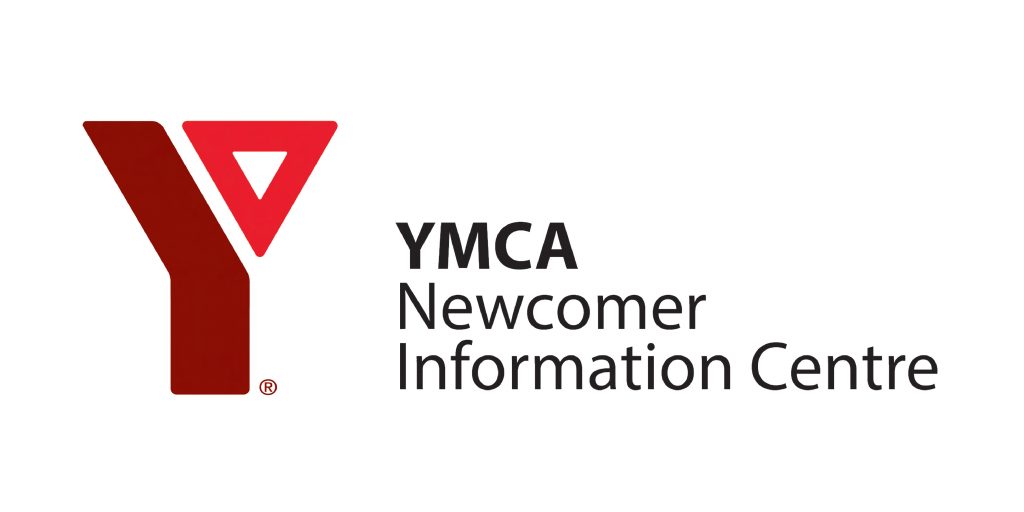Career in the Skilled Trades
What are the skilled trades?
The skilled trade is a profession that involves working with your hands and requires specialized training, a particular skill set, and knowledge.
The skilled trades are divided into the following sectors:
- Construction: electricians, carpenters, plumbers, welders, painters, and more
- Transportation: automotive service technicians, heavy-duty equipment technicians, motorcycle technicians, and more
- Manufacturing and Industrial: parts and vehicle manufacturing, product manufacturing, industrial mechanics (millwrights), and more
- Services: cooks, bakers, hairstylists, landscape horticulturists, and more
- Information and Digital Technology: instrumentation and control technicians, machinists, crane operators, and more
I had previous work experience in the skilled trades before coming to Canada. How can I find a job in the skilled trades?
If you are an experienced tradesperson outside Canada, you can apply for a Trade Equivalency Assessment (TEA). In your TEA application, you need to provide sufficient and verifiable evidence of your experience and competency in that trade. If your TEA is approved, you can challenge the certifying exam to obtain your Certificate of Qualification (C of Q).
If you don’t have enough experience to apply for a TEA, the first step is to complete an apprenticeship program. Once you complete the program, you will need to ask for a Certificate of Apprenticeship issued by the Ministry of Labour, Training and Skills Development (MLTSD).
The next step, if your trade has a certifying exam, you can write the exam to obtain your Certificate of Qualification (C of Q).
I don’t have any skills or work experience in the skilled trades. How can I start my career in the skilled trades?
First, start researching which skilled trades you want to pursue. The next step is to look for a trades certificate program or pre-trades/pre-apprenticeship program in public colleges or community agencies.
If you don’t know how to search for the certificate or pre-trades program, please speak to our Information & Referral Specialist who can guide you to find the program.
Completing a pre-trades program or getting a trades certificate may help you find apprenticeship opportunities.
Each trade will have a specific number of hours to complete the apprenticeship program. For example, to get the certificate of apprenticeship in Electrician – Construction & Maintenance, you will need 9000 hours to complete the apprenticeship program. The 9000 hours consist of 8160 hours of on-the-job work experience and 840 hours of in-school training. (1)
So, what are the benefits of having a career in skilled trades?
1. In-demand job
The government of Canada is actively creating a campaign to promote in-demand skilled trades careers because they estimated about a third of tradespeople are nearing retirement. It means there will be huge job openings in the skilled trades. (2)
Take a look at the top in-demand skilled trades across Canada
2. It’s a well-paid career, and you can earn while you learn
As an apprentice, you will learn from a licensed tradesperson and get paid while working with them. Once you are a certified expert in your trade, you can make a good source of income and opportunity for advancement.
3. It can be a rewarding career
Some people get into skilled trades because they don’t like to sit in front of a computer all day. Or because they enjoy creating stuff with their hands and seeing the finished product of their hard work. And according to a survey, many people working in the trades report a high level of job satisfaction. (3)
Check out these skilled trades’ success stories to inspire you
Similar with other professions, to be successful in the skilled trades profession, you will need determination, continuous learning, and perseverance.
Sources:
(1) Trade Information: Electrician – Construction & Maintenance






